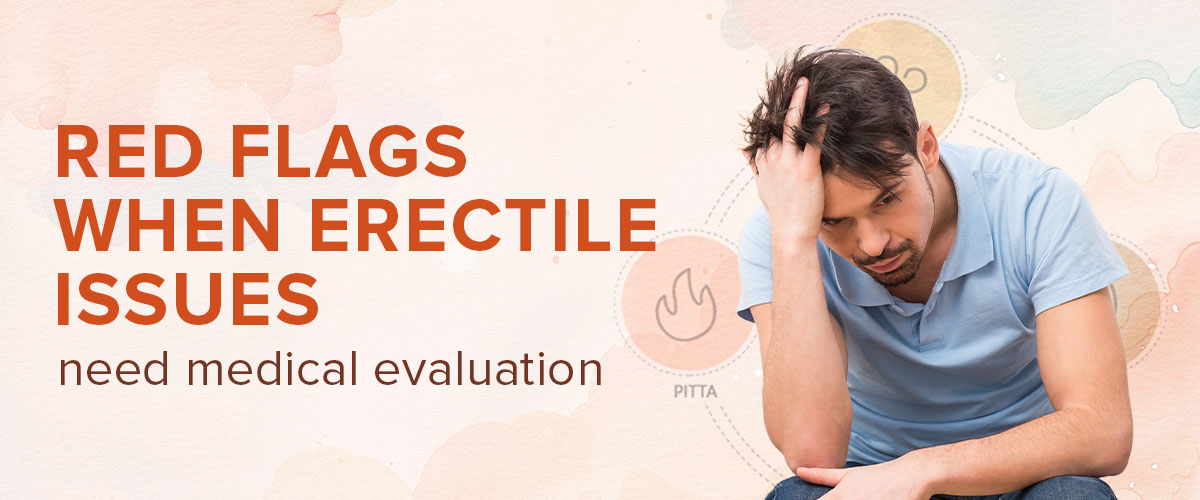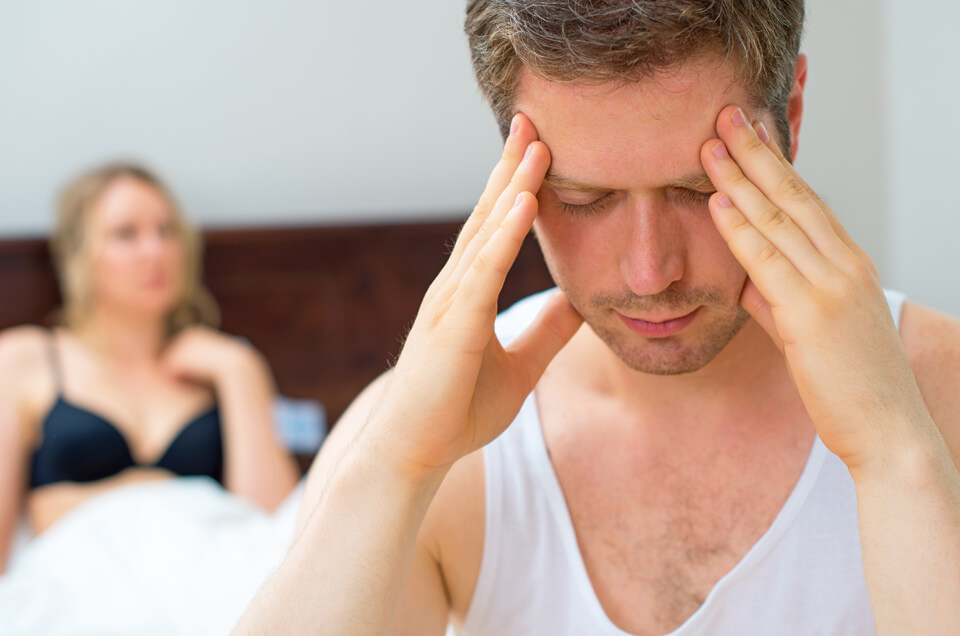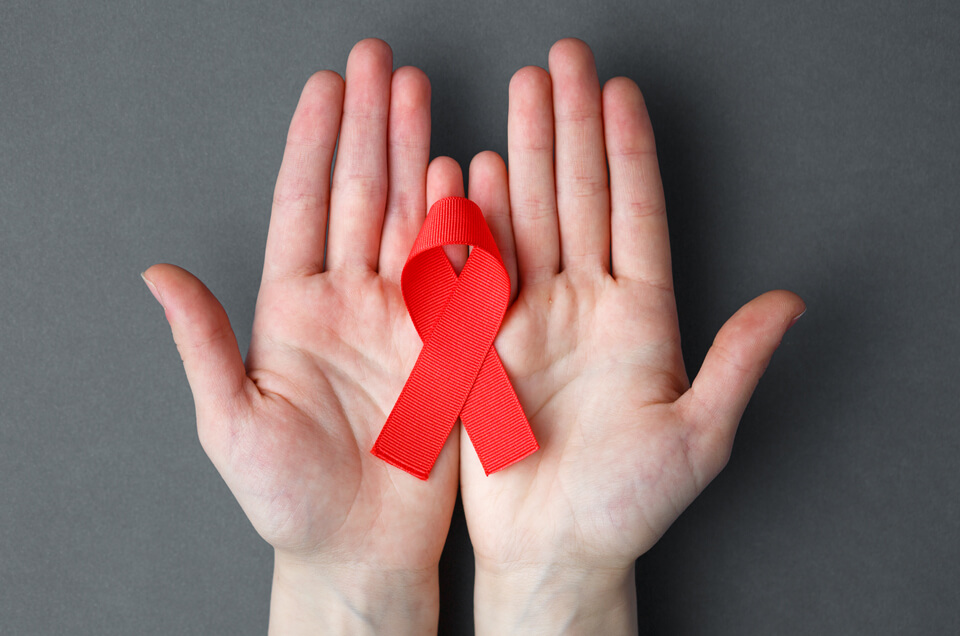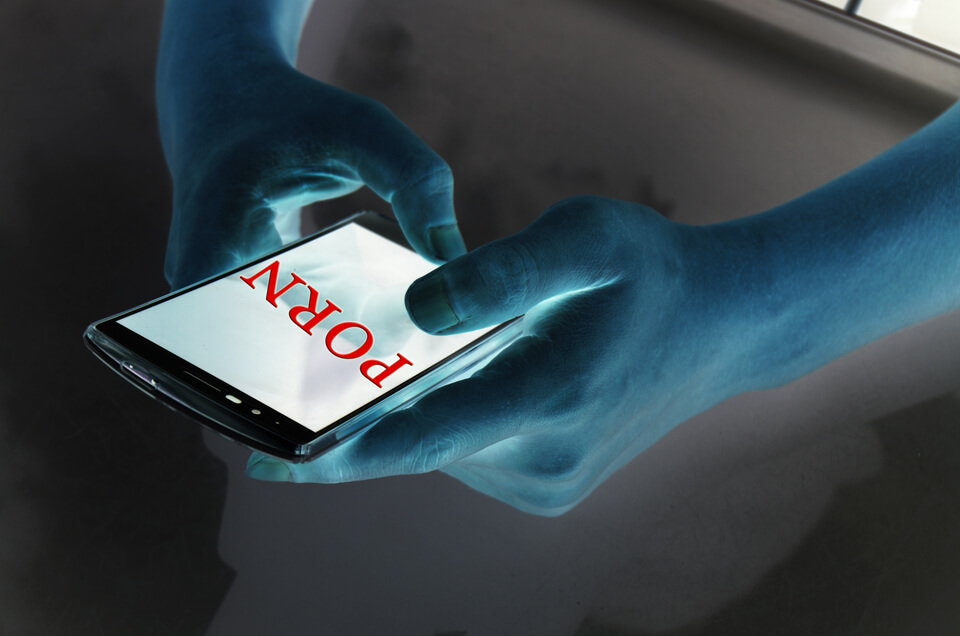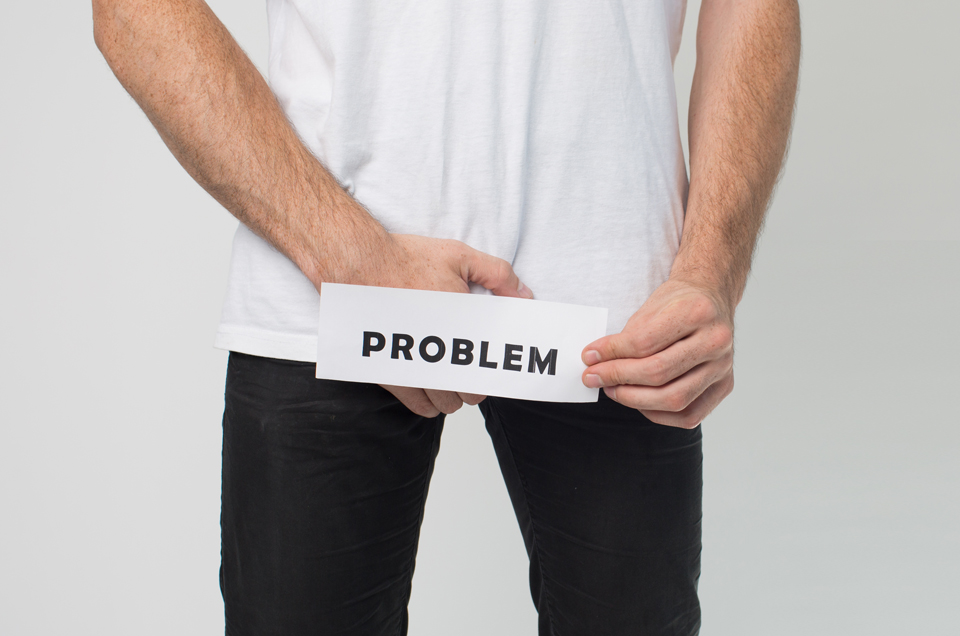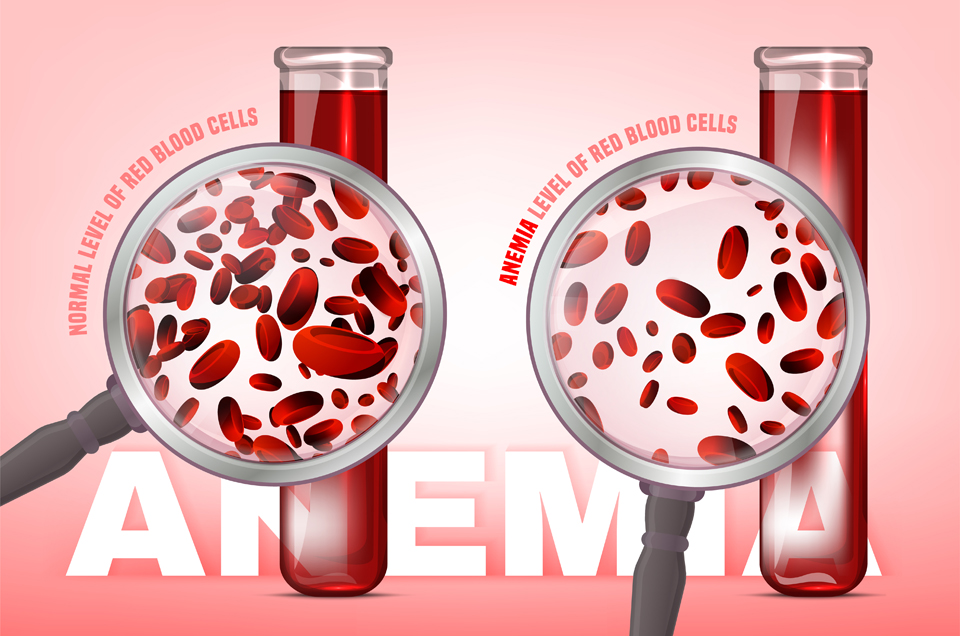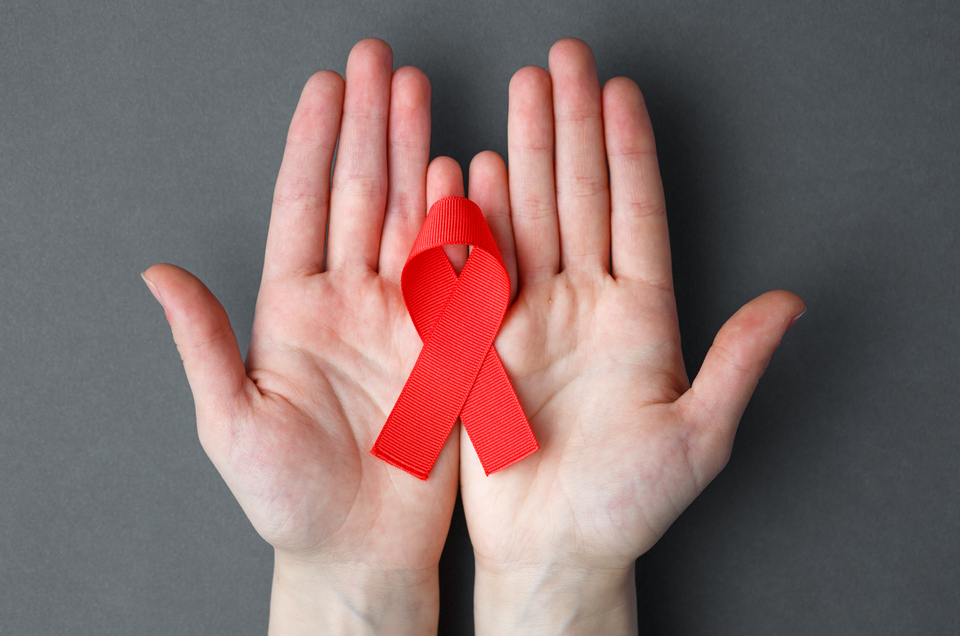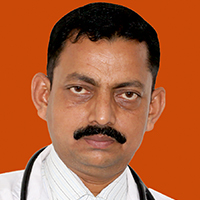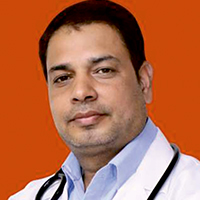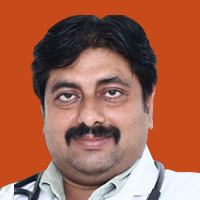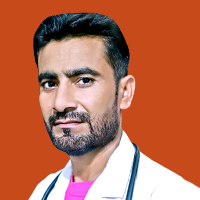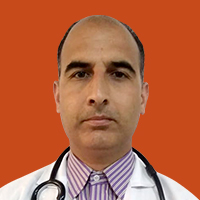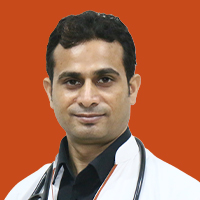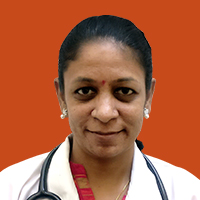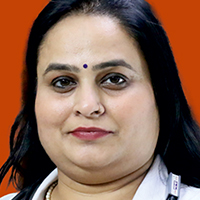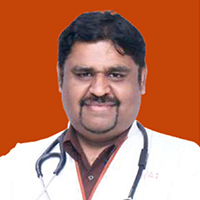Erectile dysfunction affects about 50-70% of men in the age group of 40-70 years, with prevalence increasing significantly with age.
But how do you know if you are suffering from ED? In simple terms, if you experience difficulty attaining or holding an erection firm enough for sex, this is the most common indicator that you have ED. This can occasionally happen due to stress, tiredness or even excessive alcohol. But if it occurs frequently, this might signal something more serious.
In this blog, we will understand when ED is considered normal and when it requires medical care.
What Is Erectile Dysfunction?
Erectile dysfunction or ED simply means that you are having trouble getting or maintaining an erection strong enough for sexual intercourse. It implies that your body is not performing as it needs to when you want it most.
You may be surprised to know that most men experience this at some point in their life. It can happen if you have had a long and stressful work day or after drinking excessive alcohol. This sort of occasional trouble is common and generally nothing to be concerned about.
However, if this becomes regular (more than 25% of the time), it might signal something more serious. That’s when it’s called erectile dysfunction and it could be a warning sign about your overall health, particularly your heart.
The real difference between one-time issue and ongoing ED is simple:
- Occasional issue = Usually associated with stress, tiredness or alcohol.
- Ongoing ED = More often associated with health conditions like diabetes, high blood pressure, or poor blood flow.
If you mistake ED as a normal issue and don’t talk to an Ayurvedic doctor on time, this could easily amplify into a bigger health problem. In fact, for many men, ED is the first clue that something’s not right with their blood vessels or heart.
What Health Conditions Are Linked to ED?
Erectile dysfunction is not always due to a single health issue. It is usually linked to other health conditions, most of which you might not even realise are affecting your sexual wellness. The most common ones are:
1. Diabetes
If you have diabetes, your blood sugar is generally too high. This could ultimately harm the nerves and blood vessels in your body, which includes those that help you achieve an erection. That is why men with diabetes experience ED more frequently and at times earlier than other men.
2. High blood pressure (Hypertension)
Hypertension puts additional pressure on your arteries. It makes them narrow and stiff, slowing down your blood flow. As an erection depends upon good blood circulation, this could directly impact your ability to get and maintain an erection. Also, there are certain blood pressure drugs that can lead to ED.
3. High cholesterol
Too much LDL Cholesterol ("bad cholesterol") causes plaque to accumulate in your arteries. This build-up is what we call atherosclerosis and this can hinder blood circulation to your heart as well as your penis.
4. Obesity
If you are overweight, this places you in danger of all of a number of health issues like heart disease, high blood pressure and high cholesterol. Obesity also lowers testosterone levels, leading to decreased sex drive & ED.
5. Low Testosterone
As we know, testosterone is the male hormone that is mainly responsible for sexual drive & erection quality. If your testosterone levels are low, you may feel tired, lose interest in sex, or have trouble with erections.
6. Mental Health Issues
As we have already discussed, stress, anxiety and depression can impact your mood and your erections too. Your brain is involved in the erection process. If you are feeling low or anxious, this could interfere with signals your body needs to induce an erection.
Pro Tip: Managing your weight, blood glucose & blood pressure can be helpful for your erections. Even small lifestyle modifications can make a big difference in your complete health.
When Should You See A Doctor About Erectile Problems?
You may think that erectile issues are something you need to deal with by yourself. But generally, they are a clue that your body needs medical attention. Not getting timely treatment can make your condition worse and lead to more serious complications.
These are some signs that signal you should see an Ayurvedic doctor:
ED Happens More Than 25% of the Time
If you can not attain or keep an erection more than one out of every four times you try, this might indicate an underlying health condition which must be checked.
Painful Erections
Your erections should not be painful. If you experience pain during or after an erection, it might be an indication of injury, illness, or an emergency.
Sudden Drop in Sex Drive
If your desire for sex suddenly decreases without any fixed cause (stress or relationship problems), it might be due to low testosterone or another hormonal issue.
No Clear Cause (Especially in Younger Men)
If you are in your 30s or 40s and start having ED suddenly without any lifestyle changes, anxiety, or recognised medical problems, it might indicate heart issues or another serious health issue.
Why Is ED Often the First Sign of Heart Problems?
You may be surprised to know that your penis can give you early warning signs about your heart.
Let us understand this in simple terms. You need good blood flow for an erection. This means your blood vessels should be healthy, flexible, and open. However, when these vessels become narrow or clogged, like with high blood pressure or cholesterol, blood can not move to your penis or your heart freely.
Now the point to note is that the arteries in your penis are much smaller compared to your heart arteries. So, they get blocked sooner. You might begin noticing issues with erections years before other signs like chest discomfort or shortness of breath appear as symptoms of heart problems.
And this isn't just theory as even science supports it. A report published in the Circulation journal reported that males with ED had twice the chance of heart blockage, death or stroke from heart problems than males without ED.
What Can You Do to Reduce the Risk of ED & Heart Disease Together?
Between these worrying facts, there is also some good news for you. The very same habits that safeguard your heart can also improve your erections and sexual health. These are some steps you can take:
1. Consume Fresh, Whole Foods: Focus on eating fruits & vegetables, whole grains, and good fats like olive oil and nuts. Reduce your intake of processed foods, sugars and fried snacks.
2. Exercise Regularly: Try to do 30 minutes of exercise at least 5 days every week. This can help increase your body’s blood circulation and testosterone levels.
3. Quit Smoking & Cut Back on Alcohol: It is a known fact that smoking damages your blood vessels and makes you more vulnerable to conditions like ED and heart problems. Also, excessive drinking may harm erections. It is therefore essential to quit or at least reduce your intake of these harmful substances to reduce the risk of ED and heart diseases.
4. Manage Your Stress: Chronic stress tightens your blood vessels and affects hormone levels. Try some simple breathing exercises, meditation or yoga, even for 10 minutes every day.
Pro Tip: Healthy changes shouldn't be extreme. You can make small changes like switching to home made meals or walking after your meals to boost your sexual health and heart health over time.
How Does Ayurveda View ED and Heart Problems?
Ayurveda sees your body as a balance of energies called doshas (Vata, Pitta, and Kapha). When this balance is disturbed, health issues like ED and heart disease can arise.
In Ayurveda, ED is defined as Klaibya or Shukra Kshaya (weakness of the reproductive system). It could be caused by poor blood circulation, low vitality, or mental stress. As per Ayurveda, another common cause of ED is Vata imbalance, which affects the nerves and circulation. When Vata is disturbed, it can block messages between your brain and body, leading to weakened erections.
In Ayurveda, heart disease is called Hridroga. It's associated with toxins (Ama) accumulation and poor lifestyle habits. If your Kapha is not in balance, it could lead to blocked arteries, and if your pitta is out of balance, it could cause inflammation and heat in the body, which are both bad for your heart and blood flow.
Ayurvedic Ways to Restore Balance
Ayurveda focuses on cleansing and rejuvenation and not just on symptom control. This is what Ayurveda suggests:
Panchakarma: A detox therapy which is used to eliminate Ama or toxins and restore your natural energy flow. It is generally used as an initial step towards improving sexual and cardiovascular health.
Dinacharya: A healthy daily regime which includes yoga, pranayama (body exercises) and mindfulness keeps you balanced, physically and psychologically.
Diet: In Ayurveda, anti-inflammatory foods like ginger, turmeric, and garlic are recommended along with eating freshly cooked meals and limiting oily, fried and preservative-rich foods.
Pro Tip: Ayurveda views ED and heart problems as connected issues. When you work on your digestion, circulation, and stress levels together, this will help you feel better in every area of life, including your sex life.
Conclusion
If your body had a warning light, erectile issues might be it. It is not just about sex; it is your body’s way of saying "Pay attention." So, take necessary actions today and do not hesitate to reach out to your Ayurvedic doctor if you notice any of the extreme symptoms as we have mentioned in this blog.
Still have doubts or need a personalised consultation? Our team of experienced and certified Jiva doctors is here to help. Dial 0129-4264323 today.



